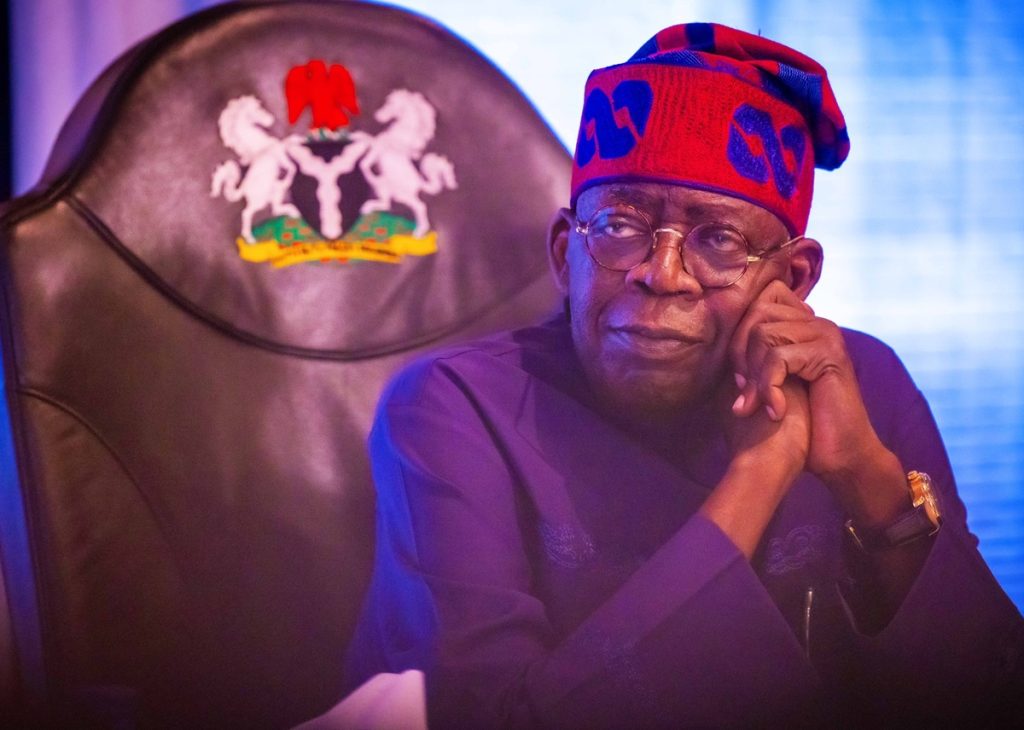President Bola Tinubu has been urged by stakeholders in Nigeria’s major sectors, such as manufacturing, academics, security, local government unions, and the Ijaw National Congress, to guarantee a stronger economy in 2025 as the globe gets ready to welcome the new year.
Although 2024 had been “tough” and “difficult,” they were hopeful that things would improve for Nigerians in the upcoming year.
Segun Ajayi-Kadir, the Director-General of the Manufacturers Association of Nigeria (MAN), told reporters that significant reforms are required to boost growth in light of the manufacturing sector’s poor performance in 2024.
He believes that the full implementation of tax and fiscal policy reforms—which he hopes the National Assembly will approve in the upcoming year—is essential to these changes.
Additionally, he underlined that the Central Bank of Nigeria must redeem the N2.4 billion in FX forwards that manufacturers owe and normalise interest rates.
“We also look forward to the expansion of the government’s credit facility,” Ajayi-Kadir stated. The N75 billion that has already been distributed is just the beginning; however, we anticipate receiving the N1 trillion that was promised in the stabilisation plan, which should lessen the impact of credit availability.
To support sustainable growth, he urged the government to take action against inflation, especially by addressing the cost of logistics, and to improve the coordination of monetary and fiscal policies.

Furthermore, Prof. Emmanuel Osodeke, President of the Academic Staff Union of Universities, called on the Federal Government to make the establishment of a favourable learning environment a top priority by 2025.
He believes that young Nigerians should have access to high-quality education without having to worry about the mounting debt that college students are facing.
He claimed that modern students have financial burdens, but leaders from earlier generations benefited from free education and subsidies.
“The TETFUND, which funds postsecondary education, shouldn’t be shut down and converted into a lending programme. They ought to reduce their alleged exorbitant expenditures and governance costs. Six international trips a year ought to be discontinued.”
Mohammed Abubakar, the secretary-general of the Association of Local Governments of Nigeria, pleaded with the president to guarantee that local government autonomy will begin in 2025.
“We remain grateful to Mr. President for granting local government financial autonomy. To ensure that the government’s influence is felt at the local level, the implementation must start as soon as possible. The suffering that people are discussing will lessen when funding is available at the local level, he stated.
Akeem Ambali, the national president of the Nigeria Union of Local Government Employees, added that Tinubu’s administration must start implementing local government autonomy in 2025 before Nigeria can truly enjoy growth.
He declared, “Crediting local government accounts should be implemented without further delay, and the long-awaited local government autonomy should be actualised in 2025.”
According to Section 14, Subsection 2 of the Constitution, Dr Kabir Adamu, the CEO of Beacon Consulting and a security consultant, urged the President to protect Nigerians’ lives and property.
In contrast, Ezonebi Oyakemeagbegha, the National Publicity Secretary, presented a dismal assessment of Nigeria’s economy in 2024, calling it a challenging year for Nigerians who had made several sacrifices.
“The year 2024 was difficult for Nigerians. Nigerians sacrificed a great deal. In terms of the economy, this year might be considered poor,” he remarked.
To alleviate the high cost of fuel, Oyakemeagbegha urged President Tinubu to lower the pump price of petrol to “N416 per litre.”
“We see no justification for petrol being this expensive; we have the crude and the basic materials here. “We’ve heard that those who engage in bunkering obtain crude and resell it at a discount,” he said.
Oyakemeagbegha also discussed the persistent difficulties with the naira’s exchange rate, emphasising the necessity of strengthening the currency to compete favourably with the dollar.
“A more stable power supply would help small businesses thrive without constant disruptions.
“International oil companies ought to relocate their headquarters to the areas where they procure their raw materials,” he added.


